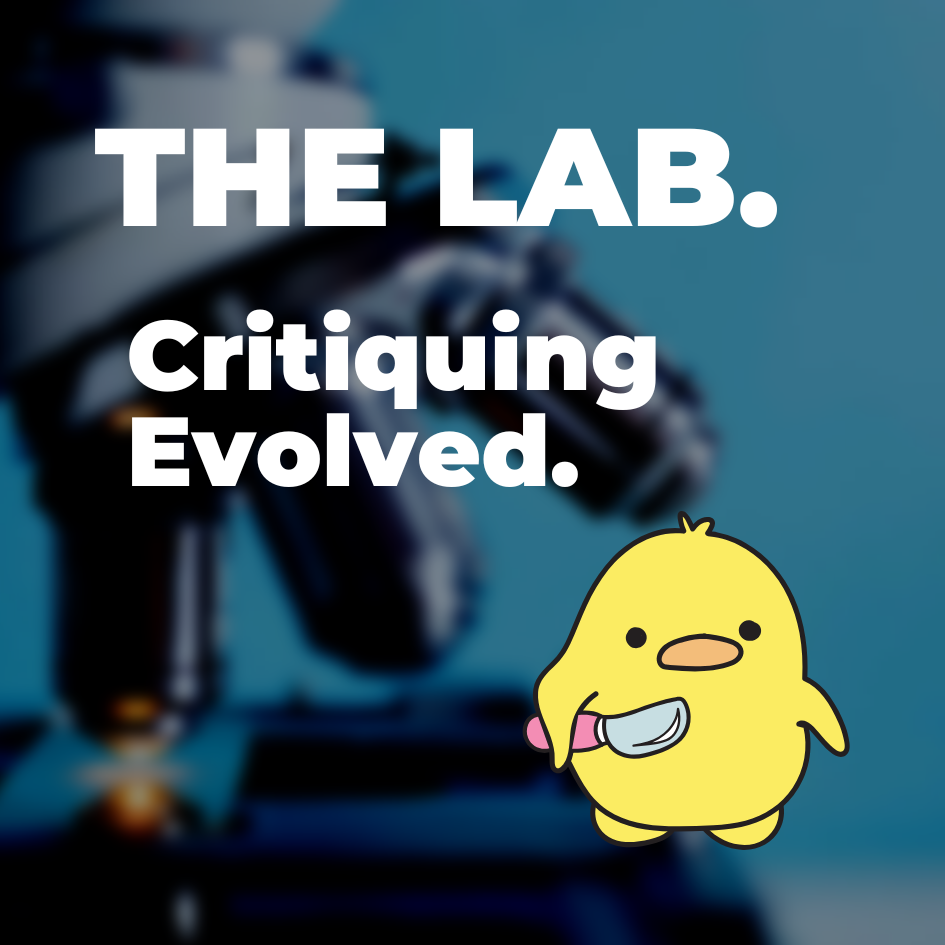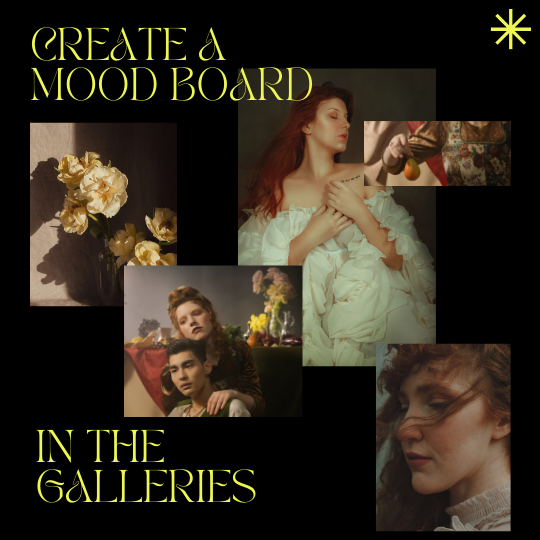First post here- enjoyed my engagement with the pop-up process today (even if @AgentPete made fun of one of my comments  ).
).
Writing historical and geopolitical thrillers.
Question- I often find myself wanting a sort of prologue or preamble to set the scene- i.e. to be the inciting incident. This can serve to both start with action and do some show not tell, and avoid a requirement to jump back in time, or worse do some heavy exposition, to explain why the protagonist was (say) breaking into the house/about to shoot someone etc. But it also means that the protagonist might not enter for a chapter or two (From Russia with Love and Doctor No both work like this, as does Tinker Tailor Soldier Spy, some of Mick Herron's Slough House books, Tatiana (Cruz Smith), and Lee Child and Jeffrey Deaver also do this at times). Even with those examples, it's been drummed into me that the first page is critical, and in the pop-up submissions I am usually seeing the protagonist front and centre from minute one...
Thoughts?
RgNw
Writing historical and geopolitical thrillers.
Question- I often find myself wanting a sort of prologue or preamble to set the scene- i.e. to be the inciting incident. This can serve to both start with action and do some show not tell, and avoid a requirement to jump back in time, or worse do some heavy exposition, to explain why the protagonist was (say) breaking into the house/about to shoot someone etc. But it also means that the protagonist might not enter for a chapter or two (From Russia with Love and Doctor No both work like this, as does Tinker Tailor Soldier Spy, some of Mick Herron's Slough House books, Tatiana (Cruz Smith), and Lee Child and Jeffrey Deaver also do this at times). Even with those examples, it's been drummed into me that the first page is critical, and in the pop-up submissions I am usually seeing the protagonist front and centre from minute one...
Thoughts?
RgNw



